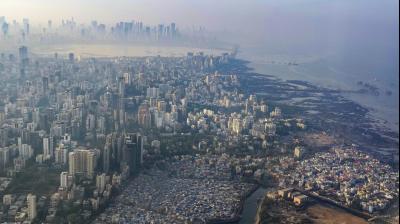Students reject Lyngdoh panel for JNUSU poll
Students of Jawaharlal Nehru University on Wednesday rejected the Lyngdoh committee recommendations for conducting students’ union elections in varsities and passed a resolution, saying the JNUSU poll
Students of Jawaharlal Nehru University on Wednesday rejected the Lyngdoh committee recommendations for conducting students’ union elections in varsities and passed a resolution, saying the JNUSU poll this year would be conducted according to the university’s constitution.
“A resolution was passed in the general body meeting last night that the JNUSU polls will not be conducted as per the Lyngdoh committee recommendations, but the JNU constitution will be followed,” JNUSU vice-president Shehla Rashid Shora said.
“The Lyngdoh panel mandate has various arbitrary clauses which we have always been opposed to. However, now we have decided to boycott it and hold our polls as per the university constitution,” she added.
The university had revived the students’ elections in 2012, after they remained suspended for four years over non-compliance of the Lyngdoh committee recommendations, implemented with a view to keep money and muscle power away from campus elections.
In 2005, the committee headed by former Chief Election Commissioner J.M. Lyngdoh had recommended a cap of Rs 5,000 on election expenses per candidate besides formulating other rules and regulations for cleaning up campus politics. In 2006, the Supreme Court had directed that these recommendations should be implemented.
The JNU students, after a four-year legal battle, agreed to have a five-point relaxation in the recommendations and went ahead with the polls.
As the students have now decided to go by the JNU constitution, they would only be the sole authority to conduct the JNUSU elections. The university administration would have no role in the entire process.
The aspects of the Lyngdoh panel mandate that the students have been opposing include a cap on the number of times that a candidate can recontest, the reduction of the campaign time from a month to a week and curb on expenditure allowed for the poll campaign, among others.
The students had in the last university general body meeting held in December had decided to conduct the elections in March rather than the traditional month of September. However, the plan had to be deferred due to the anti-national controversy.
In the GBM, the students also decided to reject the report as well as the actions decided by the high-level inquiry committee probing the controversial Afzal Guru event.

















